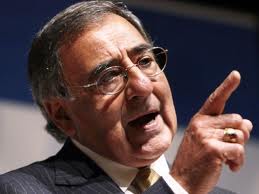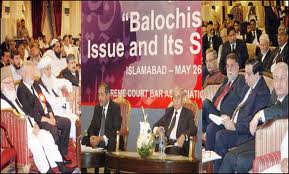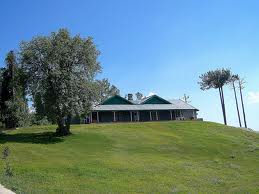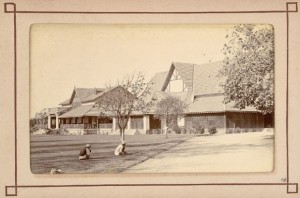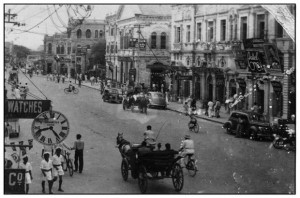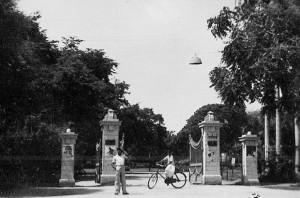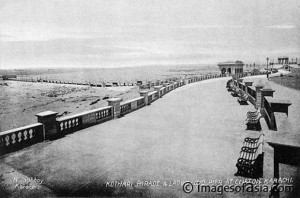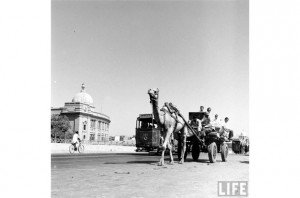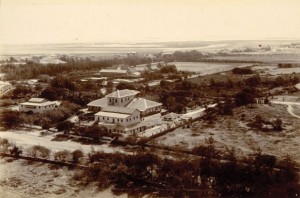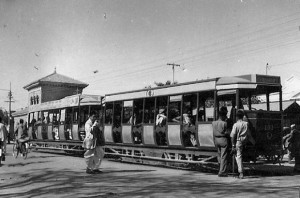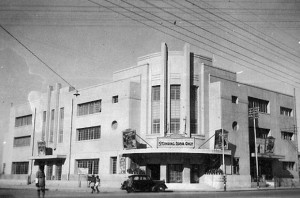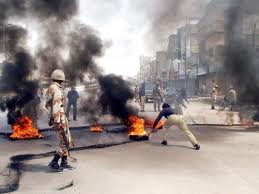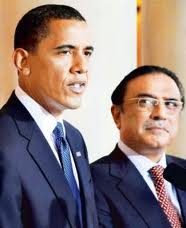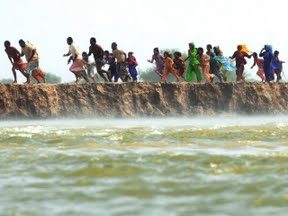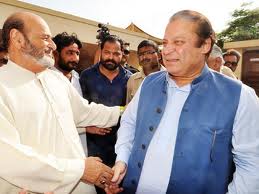ISLAMABAD, Pakistan, May 27 — In the militant-infested northwestern city of Peshawar, hundreds of businessmen recently marched in a mock funeral procession — but not to protest bombings or kidnappings. The “corpse” they carried was an electric meter.
In other areas of the country, shopkeepers have threatened mass suicide to protest 18 to 20 hours of power blackouts every day. Mobs are descending on utility offices to destroy records and meters, and they have attacked political parties’ headquarters during riots that sometimes turn deadly.
This month, Pakistan tumbled into sovereign default for the first time in its history because the government failed to reimburse millions to independent power providers — more proof that, after years of mismanagement and neglect, the nation’s energy sector is in extremis.
Now some experts suggest that the power crisis is more of a threat to Pakistan’s stability than is terrorism — a bitter outcome given the massive amount of aid the United States has poured into energy projects here over the decades.
A long-running Islamist insurgency has carved 2 percent from the nation’s GDP, said Sakib Sherani, a former government economic adviser, whereas rotating daily blackouts — referred to here as “load shedding” — have resulted in a 4 percent loss.
The shutdowns paralyze commerce, stoke inflation and unemployment, and further enrage a restive populace. Load shedding averages five to 10 hours a day in some urban areas and more than double that in rural ones.
Shopkeepers and factories use backup generators if they have them, but businessmen say the rising cost of fuel to run the machines hurts their bottom line.
“We have been shattered by these problems, and the government is responsible,” said Muhammad Naeem, sitting in the darkened office of the marble and granite company he runs in Islamabad. Persistent outages have forced him to cut shifts by half and reduce his payroll from 35 people to eight as production has fallen off, he said.
Pakistani officials, while accusing previous governments of neglecting a predictable crisis, say coal, nuclear and hydropower projects are in the works, as are electrical grid and dam repairs to boost capacity. But relief is years away.
“The government knows the suffering of people. It is trying its best to resolve the electricity shortage problems,” said Zargham Eshaq Khan, a spokesman for the Ministry of Water and Power. “The results will be evident in time.”
U.S. assistance on energy
Many power-improvement efforts are backed by the U.S. Agency for International Development, which says it has made the energy sector its priority in Pakistan. With $865 million in overall assistance this year, Pakistan is on the receiving end of the second-largest USAID program in the world, according to State Department officials. The share of aid devoted to energy this year is $112 million.
Yet, for all its efforts, USAID has earned scant credit among the Pakistani public, polls have shown. And reliance on non-Pakistani contractors and high administrative costs have fueled resentment, according to a recent Congressional Research Service report on aid to Pakistan.
Some Pakistanis are critical of a U.S. approach in which money was spread around too thinly for years, instead of focusing on more visible, large-scale public works projects. “The U.S. authorities’ main problem is that they don’t support tangible projects,” said Arshad Abbasi, an analyst on water and energy issues.
U.S. officials say they have struck a good balance in funding, and USAID has decided to focus on fewer projects without cutting the total dollar amount.
But Congress seems hardly in the mood to keep shipping money to Islamabad, which has blocked NATO supply convoys from traveling through its territory into Afghanistan for the past six months. Lawmakers have bridled at the Obama administration’s request for $2.4 billion in aid to Pakistan for 2013.
“Pakistan is like a black hole for American aid,” Rep. Gary L. Ackerman (D-N.Y.) said during a House Foreign Affairs subcommittee hearing this month. “Our tax dollars go in. Our diplomats go in, sometimes. Our aid professionals go in, sometimes. Our hopes go in. Our prayers go in. Nothing good ever comes out.”
During the past decade, he added, “we have sunk $24 billion in foreign assistance into Pakistan. It’s hard to fathom how so much money can buy so little.”
The help on energy goes back much further. In the 1960s and ’70s, a consortium of U.S. construction firms, backed with USAID funds, built two huge earthen dams, considered at the time to be marvels of engineering, to harness the hydroelectric might of the Indus basin waters that emanate from the Himalayas.
The dams accounted for 70 percent of the country’s power output at the time, and they still produce electricity, but Pakistan did not maintain them. USAID has funded repairs to the largest dam, Tarbela, but Congress has not released money for refurbishing the other, Mangla.
A sector riddled with problems
Even with U.S. and other donor money, the problem is monumental. Pakistani power stations are running at 20 to 25 percent capacity, experts say; transmission lines are rickety and failing.
The government’s energy-sector debt, caused by subsidies and uncollected bills, is estimated at $4.4 billion. Pakistan defaulted on obligations of nearly $500 million to a group of nine independent utility companies that are supposed to be guaranteed payments. The default, which stems from a complex arrangement involving energy producers and distributors and the state oil company, could lead to a downgrade in the country’s credit rating.
“After this fiasco, who do you think will invest in setting up power plants in Pakistan?” asked Farooq Tirmizi, a blogger and head of business reporting for the Express Tribune, an English-language daily. “The silence from international investors will be deafening. You might even hear it over the roar of your generators which you will have to run almost constantly.”
Load shedding has stoked public unrest for several years, but the power crisis seems to have finally come to the forefront of political discourse, even if government leaders have no immediate solutions.
On a day this month when Prime Minister Yousuf Raza Gilani’s cabinet was supposed to be focused on reopening the NATO routes and mending Pakistan’s relationship with the United States, it was instead consumed by hours of debate over how to deal with the energy crisis.
One proposal is to crack down on individuals and industries that pirate electricity from the grid or just don’t pay their bills — a perennial problem. But the government is known to protect the deadbeats if they are prominent enough.
“Politicization takes place, so you provide electricity whether a person pays or not,” said Abdullah Yusuf, chairman of an advisory committee for the nine power producers. And, on a smaller scale, meter readers take bribes to instruct residents on how to disable the devices and, thus, lower their bills or evade payment altogether.
USAID’s $112 million contribution this year for energy does not impress Yusuf. “In relation to the quantum of the problem, it is actually peanuts,” he said. “If you want to see positive results, there has to be a bigger commitment.”
Just as searing summer temperatures took hold last week, the government announced energy price increases in an effort to pay its bills.
“As a small business, we are paralyzed — our job depends on electricity,” said Raja Hassan, 25, who owns a photocopying machine that he sets up in a busy Islamabad market, dispensing copies for a few cents per page. He rents a space in front of a toy shop that has no generator, so when the power cuts off, he is out of business.
In some northwestern regions, where support for militants is strong, 22-hour-a-day load shedding has been reported. It could hardly get worse — but it may feed the country’s other existential threat.
“The energy crisis is a fertile breeding ground for extremism and insurgency against the state,” said Sherani, the economist. “You see the huge demonstrations, the people are jobless, and the businesses have shut down — so that is like playing into the hands of extremists. It is serving their cause.”
Special correspondent Shaiq Hussain in Islamabad contributed to this report.
